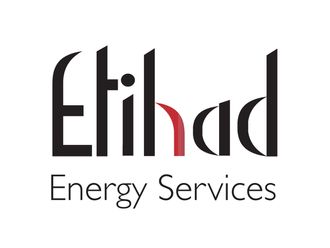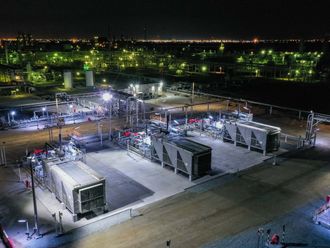Abu Dhabi: The Organisation of Petroleum Exporting Countries (Opec) declared last month it had lost control of the world market, but energy experts say the group has wrested much of the control back since.
"Opec now has more control than it had a month ago. But it's not quite there yet," Ann-Louise Hittle, a Boston-based oil analyst with global consultancy firm Wood Mackenzie, told Gulf News.
"It's a day-to-day thing. There are still risks in the market like low stocks and geopolitical tensions that could cause prices to surge. Speculators are not completely in the driver's seat anymore, but this situation could change," Hittle added.
Oil sector analysts say Opec doesn't want to succumb to pressures to raise supply, since market oversupply was the cause of sharp falls in the price of oil as recently as in the late '90s. In 1998, for example, oil prices on the world market were down to as low as $9 per barrel.
With the benefit of hindsight, Opec is watchful not to let inventories slip out of hand, at a time when the chances of a global economic downturn look real on the back of the severely weakened dollar and the sub-prime mortgage crisis in the United States, the world's largest oil importer.
Oil futures on the New York Mercantile Exchange reached $99.29 a barrel last November 21, the highest since trading began in 1983. There's no telling how high prices might go, or how they might crash once the current mania peters out.
Well-supplied
Opec's comparative hold on the market became visible early this month, when the group at its meeting in Abu Dhabi took the stance to leave output levels unchanged for the time being, based on the assessment that the market continues to be well-supplied.
Prices have maintained levels in the vicinity of $90 per barrel in the intervening weeks. "Opec is now acting like major oil companies used to in the 1950s and the '60s, when they were very careful not to oversupply," says Dr. James Crawford, oil analyst with Sharjah-based Inter Emirates Project Development and General Trading.
With the market seemingly in balance and spare capacity soon to rise to four million bpd, thanks to some new production coming online in Saudi Arabia from next month, Opec believes it can now reap the benefits of high oil prices without taking the blame for it, with the global thirst for crude unlikely to slake in the medium-term.
"Essentially, they [Opec] seem to be comfortable with prices in the high $90s. Oil at $100 per barrel remains the target for traders as well as speculators," says Kate Dourian, Middle East editor of energy information provider Platts. "At the same time, there seems to be no fundamental reason for oil prices to be where they are."
Francis Osborne, oil analyst with London-based KBC Market services, agrees, judging that economic fundamentals at the moment support only $70 per barrel. "Speculative activity accounts for anything above this. Opec has good control of the downside, but at the moment is less credible or effective in providing a ceiling to prices."
In the market's mind "there is genuine concern that the potential exists for shortages to develop," says Osborne. "In the next few years, new capacity development upstream, and in refining in particular, will ease fears of shortage. There may be a period of several years during which the focus will again be on Opec to manage supply."
Ever since it was formed in 1960, Opec has dedicated itself to influencing world energy prices. Member countries produce about 45 per cent of the world's crude oil, as well as 18 per cent of its natural gas. But Opec's oil exports represent 54 per cent of the crude oil traded internationally - despite Russia emerging as the world's biggest oil producer - underlining the organisation's impact.
With forecasts of a strong demand for Opec oil in 2008, the group does appear to have everything going its way.
Yet, as Wood Mackenzie's Hittle points out, it's a two-sided story: oil prices still need to go lower from here to sustain the world's demand growth, especially if the world economy is already slowing.













